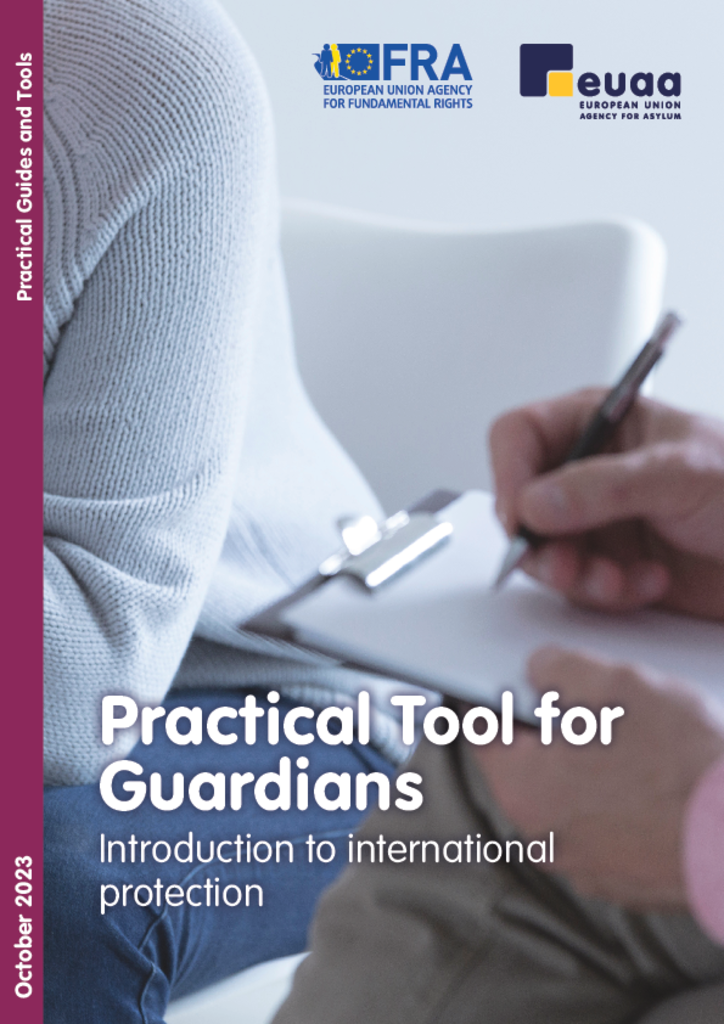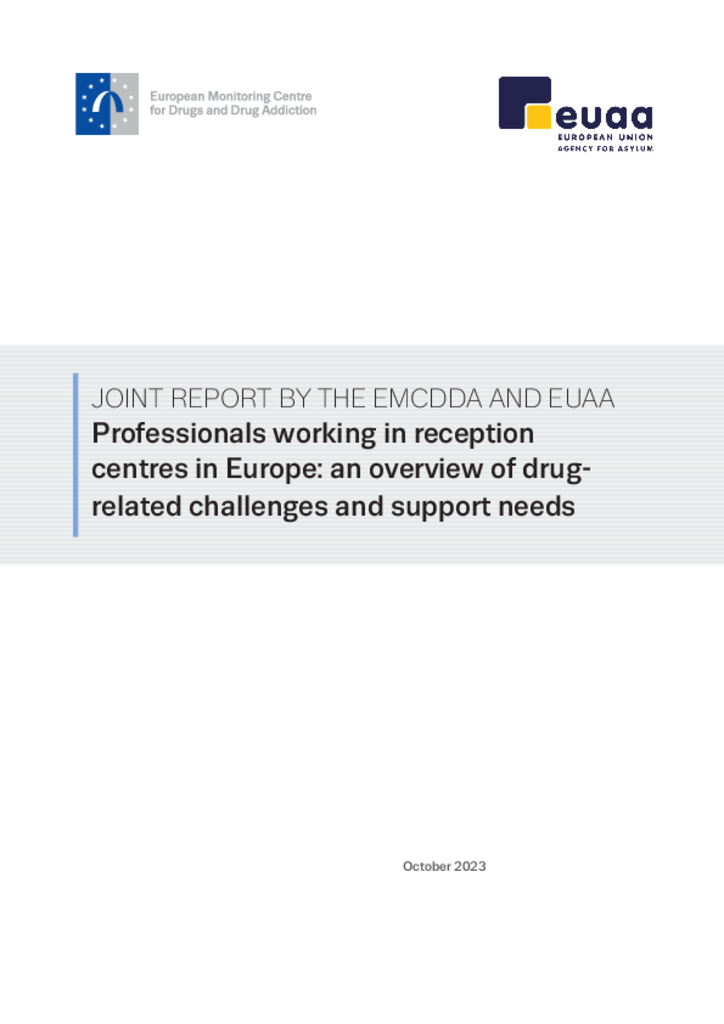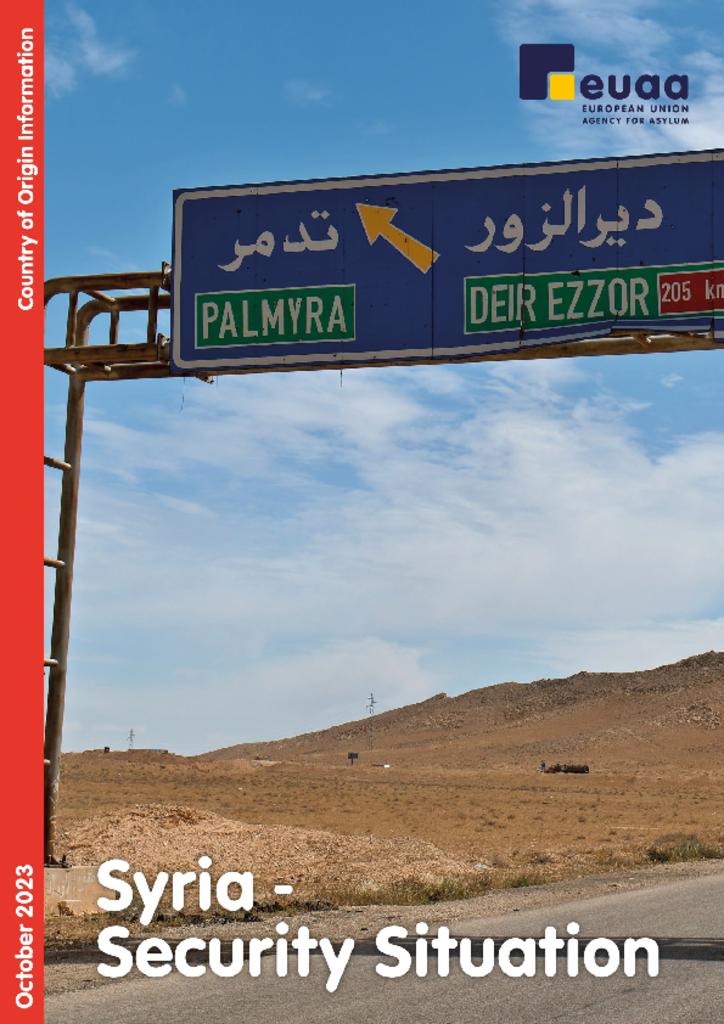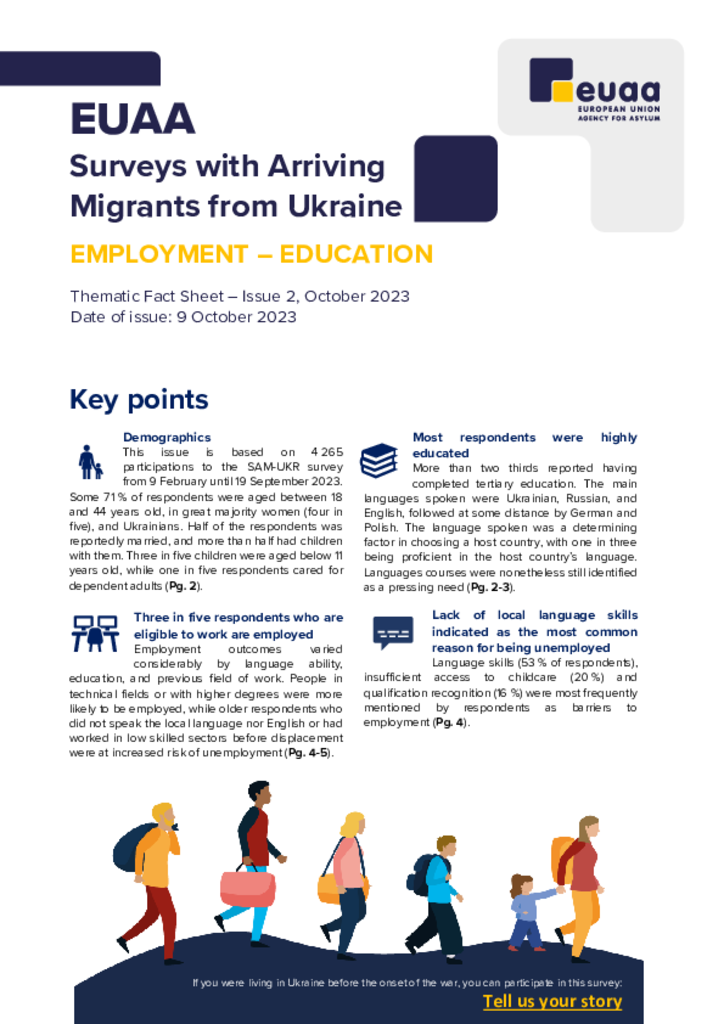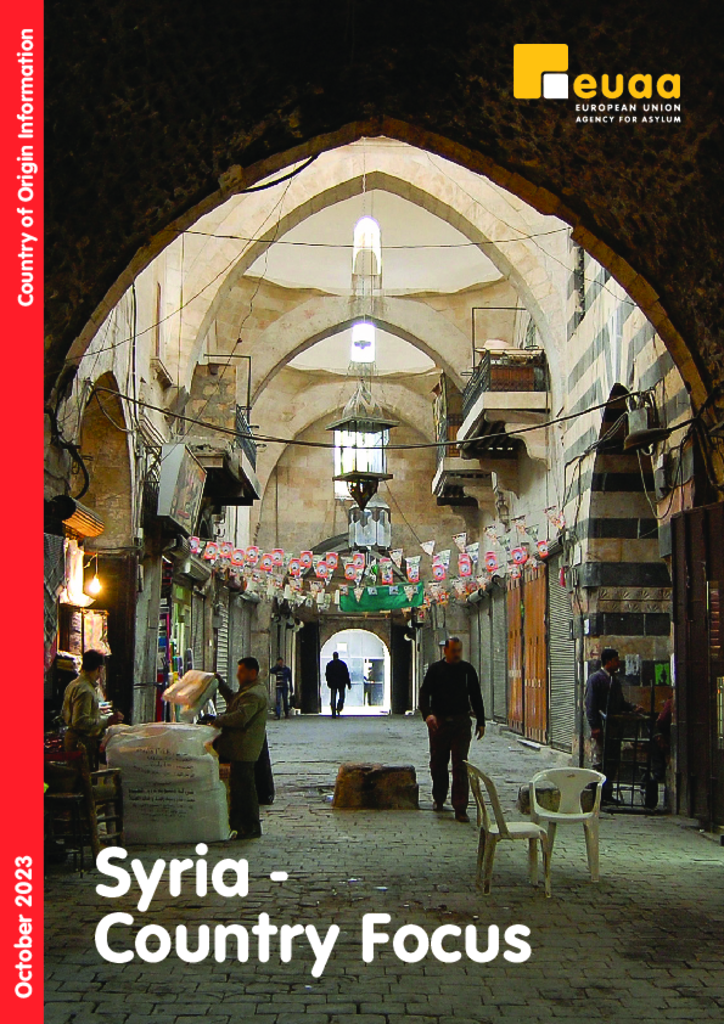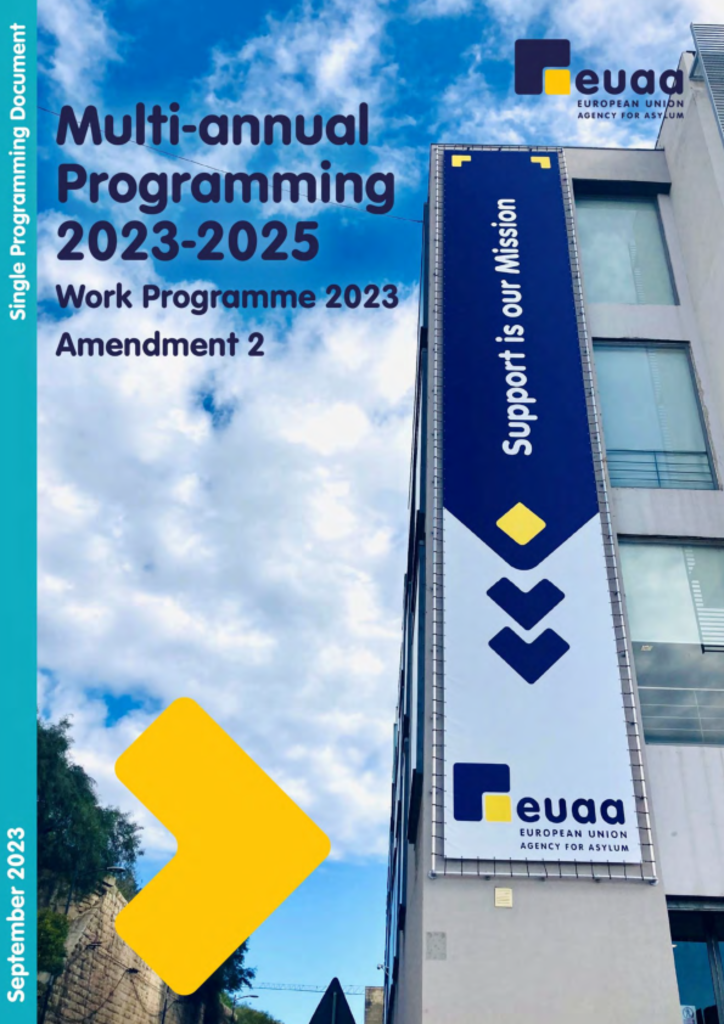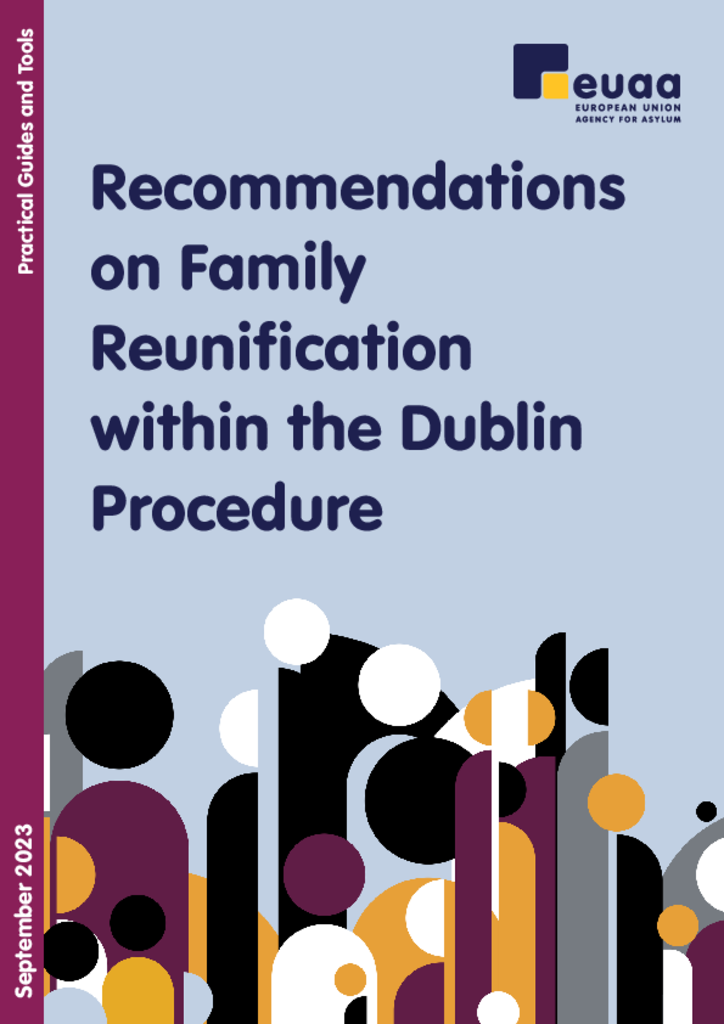Publications
Introduction to International Protection
Practical tool for guardians
This tool introduces newly-appointed guardians to the concept of international protection, possible forms of protection recognised through the asylum procedure, the relevant legal framework and the rights of the child in the procedure.
Professionals working in reception centres in Europe: an overview of drug-related challenges and support needs
Joint Report by EMCDDA and EUAA
This report traces the needs and challenges faced by reception authorities in EU+ countries when working with applicants for IP who experience substance use related problems.
COI Report – Syria: Security Situation
This report examines the nature of armed conflicts taking place in the territory, the nature of the violence and presence of armed actors in different areas, and the impact on civilians, for example in terms of casualties/fatalities and conflict-linked displacement.
Surveys of Arriving Migrants from Ukraine: Thematic Factsheet - Issue 2, October 2023
Education and Employment
This thematic factsheet provides information from the updated SAM - UKR survey for displaced persons from Ukraine. It describes updated demographic profiles, as well as elements of the background and future perspectives related to both Education and Employment.
COI Report – Syria: Country Focus
This report provides information relevant for the status protection determination. It analyses different targeted profiles, the socio-economic situation in Damascus city and a social-economic general overview of the country.
EUAA Strategy on Digital Innovation in Asylum Procedures and Reception Systems
This Strategy creates a framework to enhance the effectiveness of the CEAS by supporting EU+ countries in a meaningful digital transformation of asylum processes.
Multi-annual programming 2023-2025, Work Programme 2023, Amendment 2
Second amendment to the budget for Work Programme 2023, Single Programming Document 2023-2025
Recommendations on Family Reunification within the Dublin Procedure
These recommendations aim at facilitating cooperation, increasing quality standards and supporting the harmonisation of processes among Member States in family reunification cases in the Dublin procedure.

